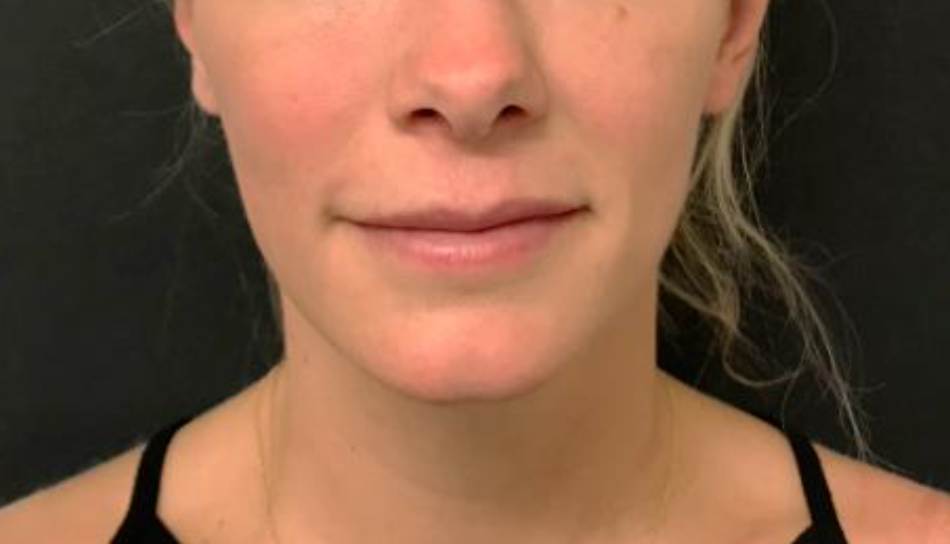Are you curious about the latest ways to improve your natural beauty through cosmetic dermatology? From injectables to laser therapy, there are numerous options to help you achieve your desired...
Information
Medical Dermatology
Common Medical Skin Conditions
Cosmetic Treatments
Pre & Post-Treatment Instructions
What's New
Acne Center of Excellence
We are thrilled to announce the grand opening of our Acne Center of Excellence, a pioneering initiative dedicated to advancing the treatment and management of acne for individuals of all ages. At...
Understanding Rosacea: Causes, Triggers, and Treatment Approaches
Rosacea is a chronic skin condition that affects millions worldwide. This condition is characterized by redness, swelling, and acne-like bumps, primarily on the face. If you're living in New York...
Rosacea
Little is known about what causes rosacea. An altered immune system, sun sensitivity, neural pathways, and disruption of the normal skin barrier (causing general skin sensitivity) may all be at play.
There are 4 major rosacea subtypes and, depending on your type, a treatment regimen is tailored:
- Erythematotelangiectatic rosacea includes individuals who have a tendency for flushing, combined with a background of persistent facial redness.
- Papulopustular rosacea is characterized by an eruption of acne-like bumps however this is not acne.
- Rhinophyma refers to thickening of the nasal skin.
- Ocular rosacea, which is rosacea of the eye itself, consists of itching, tearing, dryness, gritty sensation, crusting, inability to wear contact lenses, as well as frequent styes.
Rosacea is sometimes confused for acne, however these are two distinct conditions.
TRIGGER FACTORS
Decrease sun exposure and watch your diet. Avoid spicy foods, wine, and fermented foods.
Treatment
The particular rosacea subtype determines the treatment. Our physicians have extensive experience treating this condition. We offer medical treatments with topical medications and oral therapy, lasers such as intense pulsed light, and skin care recommendations. Isotretinoin may be recommended.
Skin care recommendations include:
- Wash the face with soap-free, pH-balanced cleansers. Sulfur products may be helpful.
- Avoid scrubbing or exfoliating; avoid astringents and toners.
- Apply sunscreen with both UVA and UVB protection (“broadband”) and an SPF ≥30 daily. Titanium dioxide and/or zinc oxide are usually well tolerated.
- Restore your skin barrier by applying products that will form a protective coating to shield your skin from environmental pollutants. Moisturizers containing humectants (e.g. glycerin) and occlusives (e.g. petrolatum) help to repair the epidermal barrier.
- Avoid products contain alcohol, menthols, camphor, witch hazel, fragrance, peppermint and eucalyptus oil.


